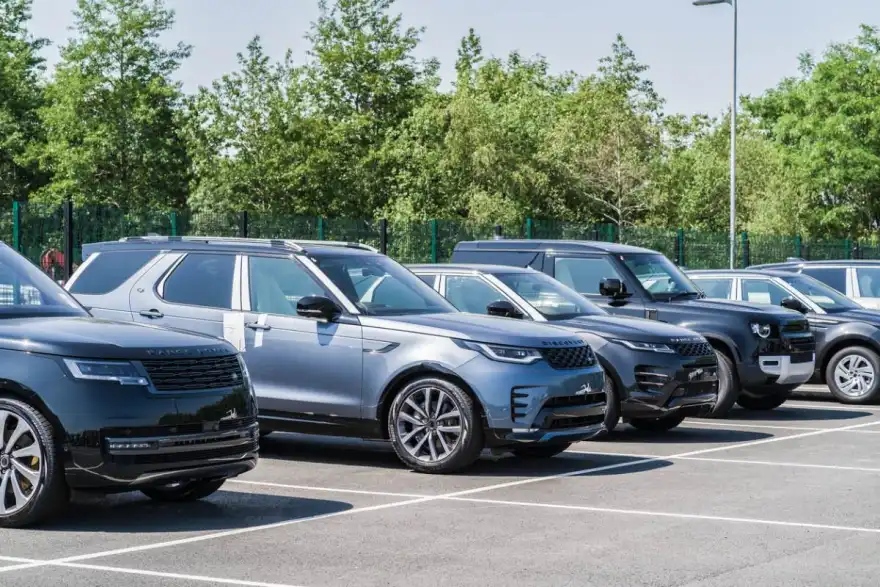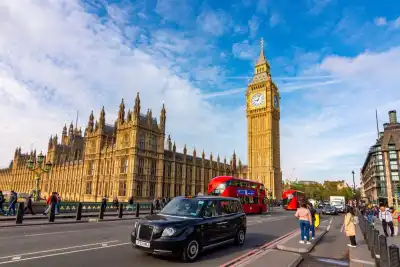
Family SUVs may soon be hit with higher road tax and parking costs if new proposals from Labour and Green politicians in London move forward.
The suggested changes are driven by concerns over the size and weight of SUVs, which take up more space on roads and in parking areas. A motion passed this week by members of the London Assembly calls on Mayor Sadiq Khan to urge the Treasury to include a weight-based element in Vehicle Excise Duty (VED), also known as road tax. This means heavier vehicles like SUVs would face increased charges.
If the proposal is accepted, many families who drive SUVs could end up paying much more in road tax. Currently, drivers of new SUVs that cost over £40,000 already pay an extra £600 per year in premium car tax for the first five years. The standard annual road tax for most vehicles is £195.
The motion also asks London borough councils to review parking permit charges for larger vehicles, aiming to reflect the added strain SUVs place on limited parking space in the capital.
Not everyone supports the move. Critics argue it unfairly targets drivers. AA president Edmund King said: “It is up to Londoners to choose the type of vehicle that best fulfils their needs.”
A spokesperson for the London Mayor’s office has been approached for comment.
SUV sales continue to rise across the UK
Despite the concerns, SUVs remain the most popular type of new car. In 2024, they made up 33% of new vehicle registrations, compared to just 12% in 2014. This marks the first time SUVs have outsold superminis, which had dominated UK sales for decades.
By 2025, SUVs and crossovers (which combine features of SUVs and hatchbacks) account for over half of all new car models on the market. A recent review found there are now 193 SUV or crossover variants available from the 35 top-selling car brands in the UK—up from just 35 options in the year 2000.
Data from online car marketplace CarGurus also shows that every major manufacturer now offers at least one SUV. Most brands have five or more in their line-up. In contrast, fewer than half of manufacturers had any SUVs on offer in 2000.
Luxury carmakers like Audi, BMW, and Mercedes have expanded their SUV ranges significantly, with 46 models between them—more than any other group of brands.
Growing criticism from safety and environmental campaigners
The growing number of SUVs has sparked concern from environmental and safety campaigners. Critics say the vehicles contribute more to pollution, take up too much space, damage roads, and pose increased risks to pedestrians and cyclists—particularly children.
Some of the surge in SUV availability is linked to the push for electric vehicles (EVs). Larger models are seen as better suited for bigger batteries, which allow for longer driving ranges—key in the race to make EVs more practical for everyday use.



